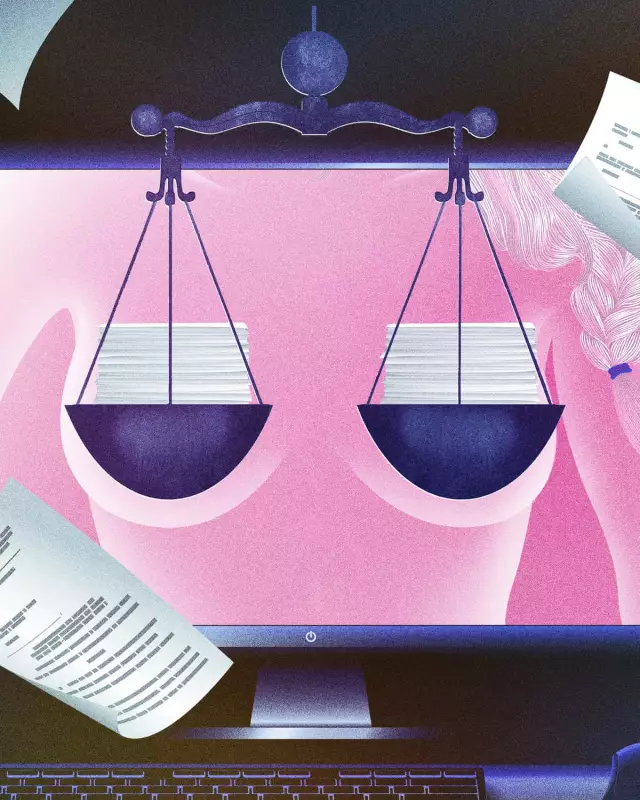
A sweeping legal campaign targeting alleged downloaders of adult content has ensnared thousands of Britons in what critics are calling a "speculative invoicing" scheme dressed in legal clothing. The operation, orchestrated by the company Strike 3 Holdings, has flooded UK courts with copyright infringement claims that could have far-reaching implications for digital privacy and consumer rights.
The Legal Onslaught
Strike 3 Holdings, a prolific producer of adult entertainment content, has filed thousands of lawsuits across England and Wales alleging illegal downloading of its material. The company employs sophisticated tracking technology to identify IP addresses it claims have accessed its content without authorisation.
Legal experts describe the strategy as particularly aggressive. "These cases follow a familiar pattern," explains media law specialist Eleanor Vance. "They identify an IP address, file a claim, then offer to settle for hundreds or thousands of pounds before the case reaches court. Many people pay simply to avoid the embarrassment of being associated with adult content in public records."
The Privacy Predicament
The lawsuits present a significant privacy dilemma for defendants. While the claims target IP addresses rather than named individuals initially, internet service providers are compelled to reveal customer details when presented with a court order.
This creates a situation where individuals must choose between fighting the allegations in court – potentially exposing their browsing history – or paying settlement demands that can range from £500 to several thousand pounds.
Legal Experts Sound Alarm
Consumer rights advocates have raised serious concerns about the fairness of these proceedings. "There's a fundamental power imbalance at play," notes digital rights campaigner Marcus Thorne. "Most individuals lack the resources to challenge well-funded legal teams, even if they believe they've been wrongly accused."
The legal basis for these claims relies on proving that the registered internet account holder was responsible for the alleged infringement – a connection that digital rights groups argue is often difficult to establish conclusively.
What This Means for Internet Users
This legal strategy raises important questions about:
- Digital privacy rights and the protection of personal browsing data
- Legal accountability for internet usage within households
- The ethics of mass copyright enforcement and its potential for abuse
- Consumer protection against what some call "legalised extortion"
As the number of cases continues to grow, legal reformers are calling for greater scrutiny of these practices and better protections for individuals caught in the crosshairs of mass copyright claims.





